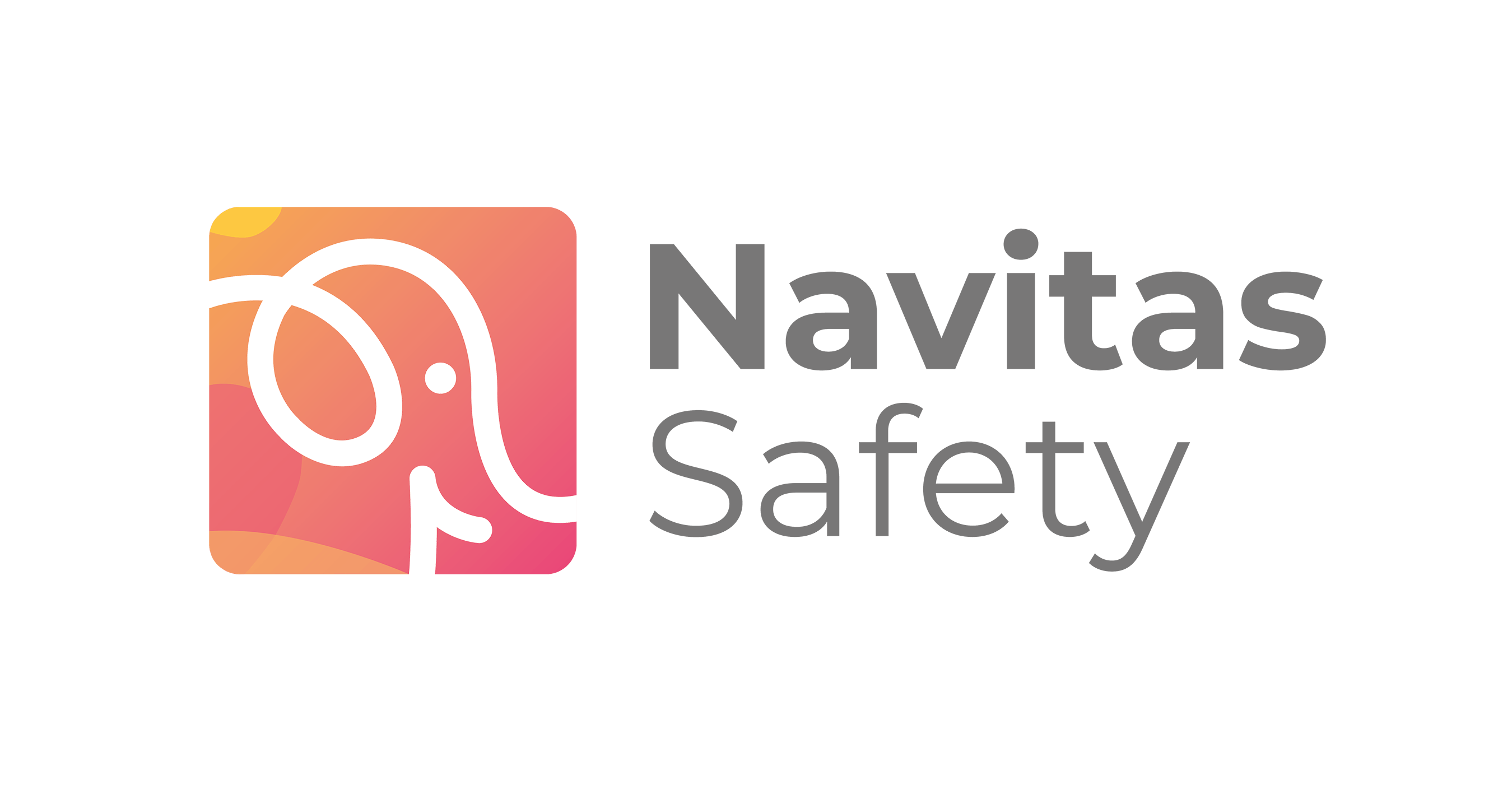Allergen management has become one of the most dynamic and complex areas of food safety in recent years. With increasing legal requirements, growing consumer awareness, and heightened accountability for businesses, staying compliant is no longer just a box-ticking exercise—it’s a fundamental part of ensuring customer safety and business success.
From the 2014 introduction of the 14 key allergens to the 2021 requirement for clear labelling on pre-packed for direct sale (PPDS) foods, allergen legislation has continually evolved. Now, the Food Standards Agency’s (FSA) backing of Owen’s Law, which called for mandatory written allergen information on menus, is another major shift in the regulatory landscape and has seen the recent publication of the Food Standards Agency’s industry guidance for food allergen information in the out-of-home sector.
These ongoing changes present significant challenges for businesses, making it difficult to keep up with compliance while also managing daily operations. The key question is: how can businesses navigate this ever-changing environment while ensuring food safety, protecting customers, and maintaining efficiency?
The Growing Complexity of Allergen Compliance
One of the biggest difficulties in allergen management is that no two businesses are the same. The way regulations apply can vary significantly depending on business type, industry sector, and operational model. Compliance isn’t just about avoiding fines or passing audits—it’s about ensuring that customers can make informed decisions about what they eat, protecting those with food allergies, and maintaining consumer trust.
Here are some of the biggest challenges that businesses face today:
1. Sector-Specific Challenges
Different industries face different allergen management hurdles. In healthcare and education, for example, many consumers are unable to make informed choices about their food due to age or medical conditions. This means that allergen management must be extra thorough, with staff taking full responsibility for ensuring food is safe for vulnerable individuals.
In hospitality and quick-service restaurants (QSRs), where food is prepared at high speeds and under pressure, the risk of cross-contact is much higher. Here, training must be rigorous, and processes need to be clear, streamlined, and failproof.
For retail and food-to-go businesses, the challenge is different again. Ensuring accurate allergen labelling, keeping up with supply chain changes, and training customer-facing staff to provide correct information is crucial.
Regardless of the sector, one common theme is that allergen management cannot be an afterthought—it must be integrated into every aspect of a business’s food safety procedures.
2. Kitchen Workflow & Communication
Food safety isn’t just about having the right policies in place—it’s about how those policies are executed in real time. A single mistake in food preparation, communication, or ingredient labelling can lead to serious allergic reactions, legal consequences, and reputational damage.
Common areas where allergen management often falls short include:
- Supplier controls: Ensuring that ingredients and packaging are correctly labelled and cross-referenced.
- Kitchen processes: Preventing cross-contact through clearly defined preparation areas and hygiene measures.
- Staff training: Making sure all employees—from chefs to servers—understand their role in allergen safety.
- Customer communication: Ensuring allergen information is accurate, accessible, and well-communicated at the point of ordering.
With multiple moving parts and high-pressure environments, businesses need structured systems in place to prevent mistakes before they happen.
3. Consumer Trust & Legal Accountability
Today’s consumers are more informed and cautious than ever when it comes to allergens. Many people with allergies will actively avoid businesses they perceive as unsafe or lacking transparency.
Failing to implement proper allergen management can lead to:
- Loss of customer trust and damage to brand reputation.
- Negative reviews and social media backlash.
- Legal action and regulatory fines.
- Potential closures following serious incidents.
As legislation continues to tighten, businesses must not only meet current legal requirements but also prepare for future regulations. Proactively implementing best practices now will ensure they stay ahead of the game rather than scrambling to catch up later.
How Can Businesses Stay Ahead?
With allergen legislation constantly evolving, businesses need a proactive rather than reactive approach. Simply waiting for new laws to come into force and then making last-minute adjustments is not sustainable. Instead, a structured allergen management strategy should be embedded into everyday operations to create a culture of safety and compliance.
Key Steps for Strong Allergen Management:
✔ Review & Update Policies Regularly – Ensuring that allergen policies and procedures are up to date and align with current legal requirements is essential. Laws change, and businesses must adapt quickly.
✔ Train Your Team Continuously – Many industries, particularly hospitality, experience high staff turnover, making allergen training a constant need rather than a one-off event. Investing in ongoing education will ensure all staff—whether new or long-standing—are prepared to handle allergens safely.
✔ Implement Strong Documentation & Audits – Keeping detailed records of allergen handling, supplier controls, and customer communication is crucial for compliance and accountability. This also ensures that businesses are ready for inspections at any time.
✔ Use Technology to Simplify Compliance – With so many areas to manage, technology can provide crucial support. Digital food safety systems can help track allergens, manage supplier data, train staff, and document compliance more effectively than manual processes.
Looking Ahead: Preparing for Future Changes
The introduction of industry guidance based on Owen’s Law highlights a growing global push for clearer allergen information and greater responsibility placed on businesses. With potential further regulations on the horizon, businesses that take steps now to future-proof their allergen management will be best positioned for long-term success.
Rather than seeing compliance as an obstacle, businesses should view it as an opportunity—an opportunity to build trust with customers, improve safety standards, and differentiate themselves as leaders in food safety.
The bottom line? Allergen compliance isn’t just about avoiding penalties—it’s about protecting lives.
Is Your Business Ready?
With allergen regulations continuing to evolve, now is the time to review your approach. Are your policies up to date? Are your staff well-trained? Are you confident in your kitchen processes?
Taking action today will protect your business and, most importantly, keep your customers safe.
How Navitas Can Help: The Allergen Management Assessment
Our service offers a structured approach to allergen compliance, giving you peace of mind that your business is legally compliant, operationally efficient, and customer-safe.
What’s Included?
- Pre-Assessment Allergen Questionnaire
Before our visit, you’ll complete a questionnaire to review your current allergen processes. This helps highlight any areas of concern and ensures you’re ready with key questions. - On-Site Allergen Assessment
A trained Navitas Safety consultant will assess your allergen controls, including supplier management, documentation, staff training, kitchen processes, and customer communication. - Assessment Action Plan
After the visit, you’ll receive a detailed plan outlining priorities and recommended improvements for full compliance. - Ongoing Support & Best Practice Resources
Depending on your needs, we offer:
- Custom allergen policies & standard operating procedures (SOPs)
- Allergen risk assessments & due diligence documentation
- Internal audit templates & self-check tools
- Online allergen training for staff
- Digital incident reporting tools
Why Choose Navitas Safety?
Our end-to-end allergen management service ensures that you are:
- Meeting all current legal requirements
- Preparing for upcoming legislative changes (like Owen’s Law)
- Implementing sector-specific best practices
- Demonstrating Confidence in Management (CIM) for food safety ratings
- Protecting your customers from allergen-related risks
With expert support from Navitas Safety, you can be proactive, stay compliant, and keep your customers safe—all while making allergen management easier for your team.
Get Started Today
Take the stress out of allergen compliance. Contact us to book your Allergen Management Assessment and safeguard your business against future challenges.

Patrycja Szkriba – Safety Consultant
Patrycja is a Safety Consultant, specialising in food safety and health and safety auditing, investigation of workplace accidents with a deep passion for ensuring compliance and best practice. Her expertise in legal frameworks and industry standards allows Patrycja to champion food safety and workplace health with precision and commitment.




